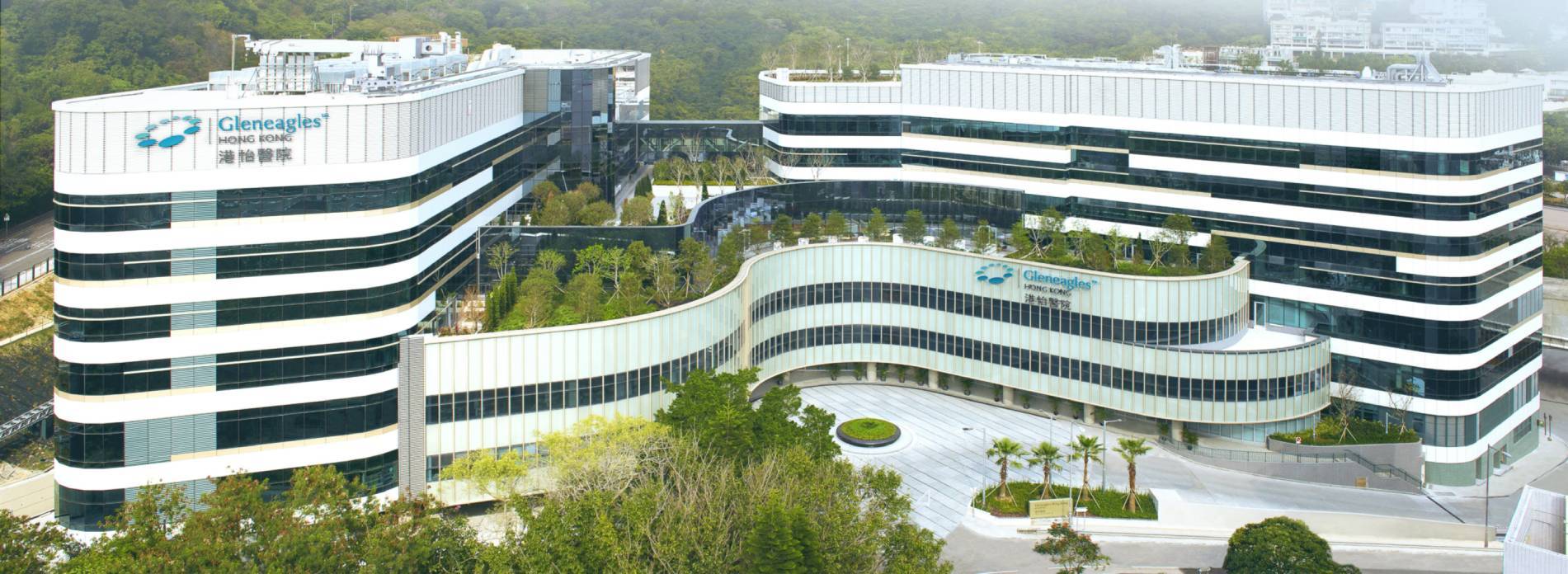What is family medicine and why do you need it?

What is family medicine (FM) and how it is different from a general practitioner (GP)?
Family medicine is a medical specialty providing high-quality primary health care services, and FM doctors are usually the first point of contact when a person is seeking medical or healthcare attention. It is hard to fully differentiate FM from GP, as both are primary healthcare providers, but there are some subtle differences.
For example, in FM specialist training, significant emphasis is placed on the continual care and perpetual doctor-patient relationship. Comprehensive and holistic care of different medical problems can be addressed at one stop, and FM doctors foster a greater understanding and managing of clinical problems within our patients’ social context and domains, taking into consideration things like personal belief, family structure and medical history, workplace, or social groups. We will also focus on possible mental health issues, preventive and anticipatory healthcare, and maintain a proper medical record and appropriate liaisons with a variety of specialty and allied healthcare providers.
Why do I need to consult an FM doctor?
A good FM doctor does not just provide episodic medical solutions to you, but should also be people-orientated and can understand you as a person in your illness. FM doctors listen to you and your sufferings, feelings, and worries, not just the symptoms of your illness or disease. Providing patients with dedicated and continual care, family doctors are also generally more caring, attentive, and empathetic which is valued by most patients, especially at the time of illnesses and sufferings.
Why is a family doctor important to me and my family?
The specific skills of communication and coordination of a family doctor can enhance better clinical outcomes. This is particularly important in certain scenarios, such as chronic illnesses that involve lifestyle changes and mental illnesses where having understanding and support is crucial. Family doctors have experience in the provision of medical support to all stages of life and family cycles, making us ideal to guide families through such challenging times.
What is a role of FM in the hospital?
FM is the provision of primary healthcare in the community. It is an easy misunderstanding that in a hospital, such service is obsolete and only sophisticated high-tech medical facilities are essential. The all-round knowledge and clinical experience of an FM specialist can serve as a good coordinator among the various specialties. We have special training in breaking bad news and alleviating emotional sufferings, which may be unavoidable at times of critical illness and death. We also serve as jump-board to effect successful incorporation of the patient back to the community after recovery.
Which patient(s) or disease(s) require FM?
Frankly, all patients and all diseases require and can benefit from FM. A good family doctor does not just treat a patient for their illnesses, but also lives the life of recovery with the patient in a friendly yet professional manner. Family doctors can provide input for a vast variety of clinical encounters.
Here’s a case study of how FM helps:
A 34-year-old engineer comes into the clinic with minimal URI (Upper Respiratory Infection) symptoms. He has a good health record and no chronic illness but his last consultation was two years ago. This is basically the bread and butter of a doctor: A strong individual with no pre-existing health conditions and minimal symptoms. Most doctors can handle the case with a diagnosis, the prescription of medicine, and a sick leave note.
With FM however, the process is different. We will start by understanding more and enquiring, “You haven’t been here for the past two years; it doesn’t seem to be your habit to seek help for minor symptoms. Why is it different today?” Then with the young man replying, “If it weren’t for my baby, I would not have come.” So now the family doctor knows that the patient is worried about spreading the illness to his baby and is looking for a speedy recovery. This key information opens the door to a few more areas of concern than just the alleviation of URI symptoms:
- Patient’s understanding of simple URI natural disease course, mode of transmission, treatment, etc.
- Patient’s understanding of the normal development of immunity in a newborn. It is also a good reminder of the vaccination schedule for infants.
- Proper household hygiene measures to prevent transmission of URI.
- Warning symptoms in a newborn that will necessitate medical attention.
- Possible mental stress and related issues when a family is welcoming its first newborn.
Knowing that the patient is an engineer, FM doctors can also tailor their explanation and discuss in more detail about the scientific issues, as he may have more interest in learning about it in this presentation. This is just a simple case of how FM can come into play to encourage a more holistic recovery for almost any type of illness.
Should you have any doubt, please consult your doctors or nurses





